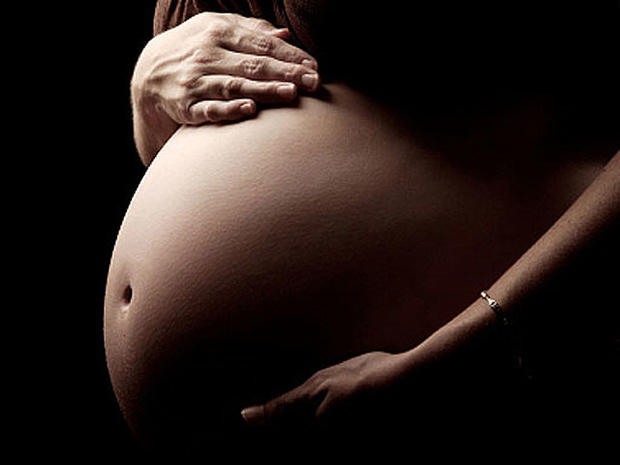Autism triggered by environmental conditions, not just genes, says studies
(CBS/AP) What causes autism? Scientists still don't have an answer, but two new studies suggest that conditions in a mom's womb may trigger the developmental disorder.
Heredity is considereda major factor that triggers autism spectrum disorders, but scientists have long wondered what roles - if any - environmental factors play.
PICTURES: Autism: 24 signs your child is at risk
"We've identified lots of vulnerability genes, but not everybody who has them gets autism," said Dr. Gary Goldstein of the Kennedy Krieger Institute in Baltimore, who was not involved in the new research.
For one study, published in the July 4th issue of Archives of General Psychiatry, scientists used California health records to identify 192 pairs of twins - fraternal or identical - where at least one was affected by autism.
Using diagnostic techniques that included directly observing the children, the scientists found 77 percent of male identical twins and 50 percent of female identical pairs both had autism. Those findings weren't too surprising, consdering identical twins share the same genes.
But what surprised researchers were the high rates of autism spectrum disorders they found in pairs of fraternal twins: 31 percent rate for males and 36 percent for females.
"I was very surprised. The environmental influence is stronger than I thought," study author Dr. Joachim Hallmayer, an associate professor of psychiatry and behavioral science at Stanford University, told HealthDay. "It doesn't mean that genes don't play a role, but they may not play as big a role as thought."
Fraternal twins, from two fertilized eggs, share no more genetic material than any other siblings. But since they share the same womb, that could play a role, said Dr. John Constantino, professor of psychiatry at the Washington University School of Medicine in St. Louis, who wasn't involved in the new research.
Constantino calls the research a "key finding that puts a spotlight on pregnancy as a time when environmental factors might exert their effects."
Those factors could include stress, diet, infections, and a mother's age, experts said.
And according to another new study published in the same journal, what medication mom is taking.
That study showed mothers who took antidepressants during the year before birth - particularly in the first three months of pregnancy - were more likely to give birth to autistic children. Specifically, 6.7 percent of women taking antidepressants gave birth to a child with an autism spectrum disorder, compared to 3.3 percent of women who weren't taking antidepressants.
Should expecting mom's stop taking their antidepressants?
It's too early to advise pregnant women against antidepressants because untreated depression can be harmful to mother and baby, said the study's author, Dr. Lisa Croen, director of the Autism Research Program at Kaiser Permanente, in Calif.
One out of every 110 children has an autism spectrum disorder (ASD). People with an ASD may experience challenges with social interaction, communication, intelligence, or behavior.
The CDC has more on autism spectrum disorders.

